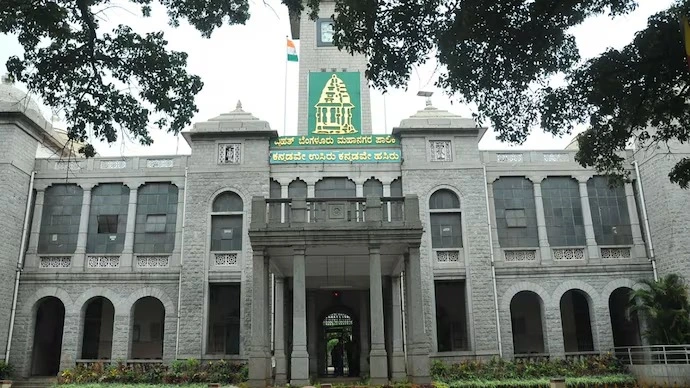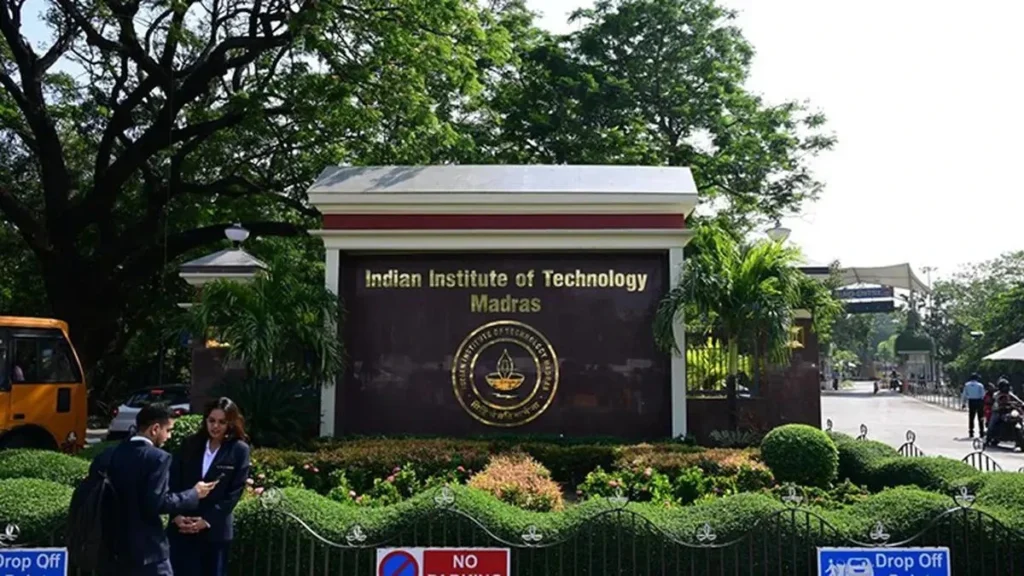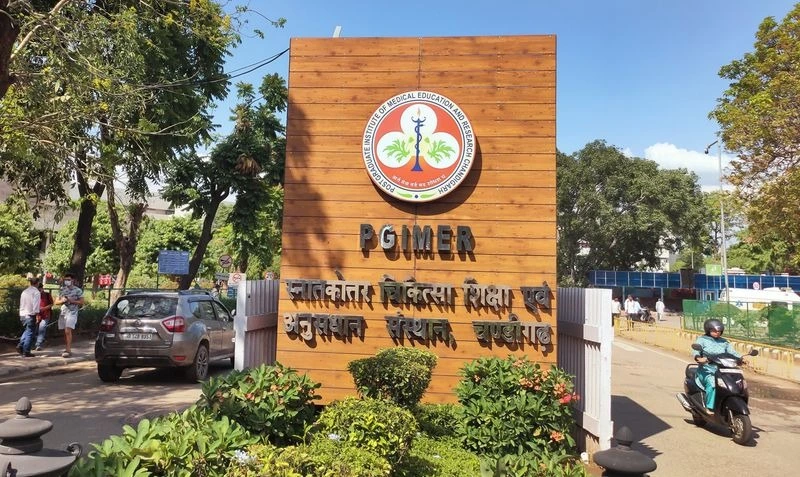IIM Raipur Launches Fully-Funded MBA in Public Policy With ₹50,000 Monthly Stipend for Chhattisgarh Students
The Indian Institute of Management (IIM) Raipur has unveiled a groundbreaking two-year MBA programme in Public Policy and Governance, aimed at creating a cadre of future-ready professionals committed to inclusive and impactful governance. Supported by the Chief Minister’s Good Governance Fellowship (CMGGF) under the Government of Chhattisgarh, this fully-funded course offers an attractive monthly stipend of ₹50,000, along with free boarding and lodging for selected candidates. The programme, which will admit 36 students in its first batch, combines advanced classroom learning with immersive field experiences across government departments in Chhattisgarh. The last date to apply is 11 May 2025, and details are available on the official website, iimraipur.ac.in/mba-ppg. “This is a pioneering step toward inclusive development,” said Professor Ram Kumar Kakani, Director of IIM Raipur. “We aim to develop leaders equipped not just with academic excellence, but also practical wisdom, ethical grounding, and a deep understanding of governance structures.” The curriculum focuses on contemporary governance models, policy design, public administration, leadership, and data-driven decision-making. Students will also undergo field immersion projects in collaboration with state government institutions to solve real-time policy challenges. Eligibility for the programme is exclusive to residents of Chhattisgarh. Applicants must hold a valid CAT score from 2022, 2023, or 2024 and possess a graduate degree with a minimum of 60% marks (or 55% for reserved categories), as per state reservation guidelines. With this initiative, IIM Raipur and the Chhattisgarh Government are making elite education in governance accessible to local talent, promoting a model where academic excellence directly contributes to regional and national development goals.










